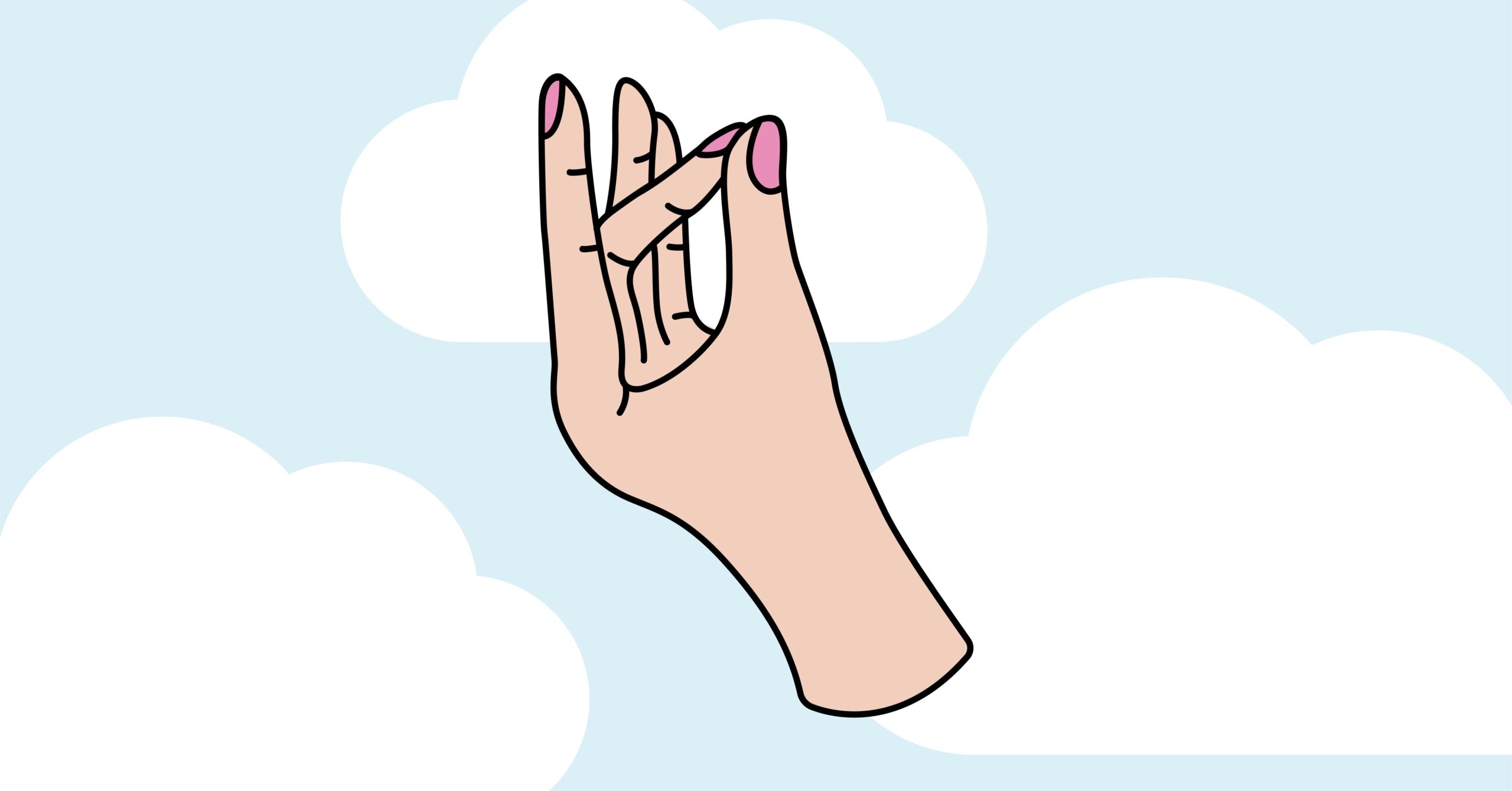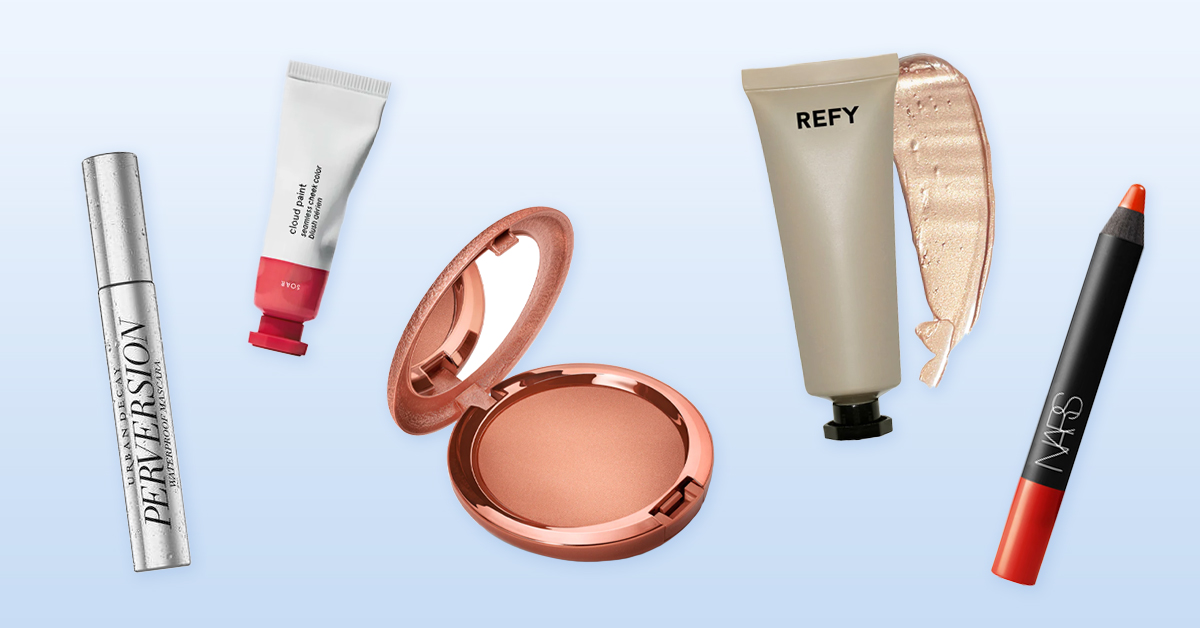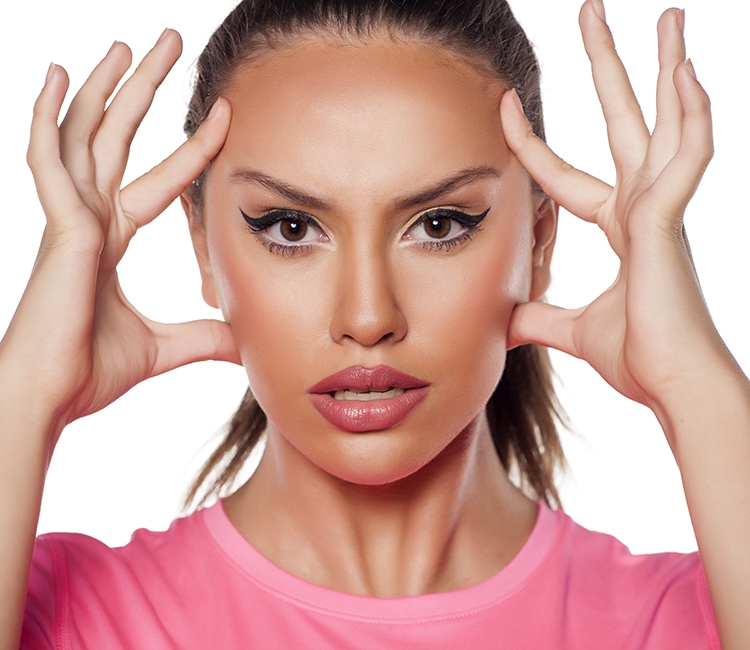Anxiety disorders are incredibly common — in fact, it’s estimated that over 40 million Americans have an anxiety disorder of some kind. While medications and therapy can help significantly reduce anxiety symptoms, you can also implement small lifestyle changes to better manage anxiety. Here are eight lifestyle changes that help people with anxiety:

1. AIM FOR 8-TO-9 HOURS OF SLEEP EACH NIGHT
Insomnia can exacerbate anxiety symptoms. But getting enough sleep every night can greatly improve anxiety. You should try to get at least 8-to-9 hours of sleep every night to feel your best. To get better sleep, a few hours before going to bed, shut off all your electronic devices and switch your phone to do not disturb mode. Then drink some calming herbal tea and read in bed until you feel sleepy. You’ll notice your anxiety symptoms improve if you’re able to get consistently good sleep.

2. LEAVE YOUR WORK AT WORK
When it comes to reducing anxiety, it’s important that you set clear and firm boundaries. This means not taking your work home with you. At the end of your day at work, be sure to turn your work phone off, and don’t check your work email outside of work hours. These boundaries will allow you to strike a better work-life balance, thus minimizing anxiety and stress.

3. CHANGE YOUR DIET
Lifestyle factors, such as your diet, can significantly affect the severity of anxiety symptoms. If you regularly consume alcohol, nicotine, and caffeine, all these things can make anxiety worse. To reduce anxiety symptoms, you should clean up your diet, which means eliminating caffeine, alcohol, nicotine, sugars and processed foods. Instead, eat a diet rich in fresh fruits and vegetables, lean proteins, and healthy fats.

4. LIMIT EXPOSURE TO SOCIAL MEDIA
It’s easy to get wrapped up in social media, which can only increase your anxiety. This is especially true if you read about stressful stuff on social media, such as politics, personal issues, or current events. Make sure to only look at social media once or twice a day — you’ll notice your stress levels drop.

5. MEDITATE
Research has shown that meditation can help alleviate anxiety symptoms. All it takes is 15-to-30 minutes per day. Set aside some time to go through one or two guided meditation exercises. Or if you’re not a fan of meditation, you can easily do some deep breathing exercises instead. You’ll notice you feel calmer and more grounded throughout the day.

6. OPEN UP TO OTHERS
If you experience anxiety, sometimes it’s good to open up to others about it. Checking in with understanding friends on a regular basis can help you feel more grounded and supported. They’ll also be more considerate when you need extra personal space.

7. EXERCISE EVERY DAY
Cardio exercise, such as jogging, can significantly help reduce anxiety symptoms. This is because exercise releases endorphins in your brain that are your body’s natural painkillers. It also decreases levels of the body’s stress hormones, such as adrenaline and cortisol, that increase anxiety. You should aim to get at least 30 minutes of cardio exercise every single day.

8. JOURNALING
Whenever you’re feeling overwhelmed, journaling can help you process your thoughts and feelings. Try to journal every day for at least a few minutes — be sure to identify triggers and refer back to grounding techniques to help reduce your anxiety.
Take it one step at a time
Living with anxiety isn’t easy, but you can better manage it through therapy, medications, and lifestyle changes. Try out the above strategies to help reduce anxiety symptoms in your day-to-day life. But remember that making small changes doesn’t replace a therapist or medication — it takes a holistic and integrated approach to tackle anxiety.
References
- “17 Small, But Significant, Lifestyle Changes That Help People with Anxiety,” Huffington Post, May 14, 2018.
- “4 Lifestyle Changes That’ll Boost Your Mental Health,” Psychology Today, April 21, 2015.
- “7 Lifestyle Changes That Helped Ease My Anxiety,” Thrive Global, January 23, 2017.
















